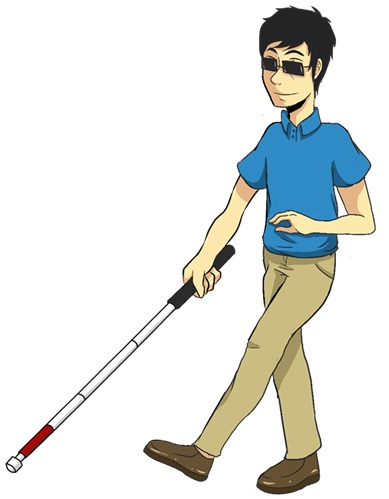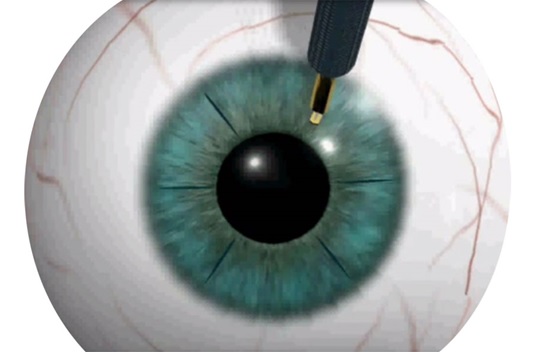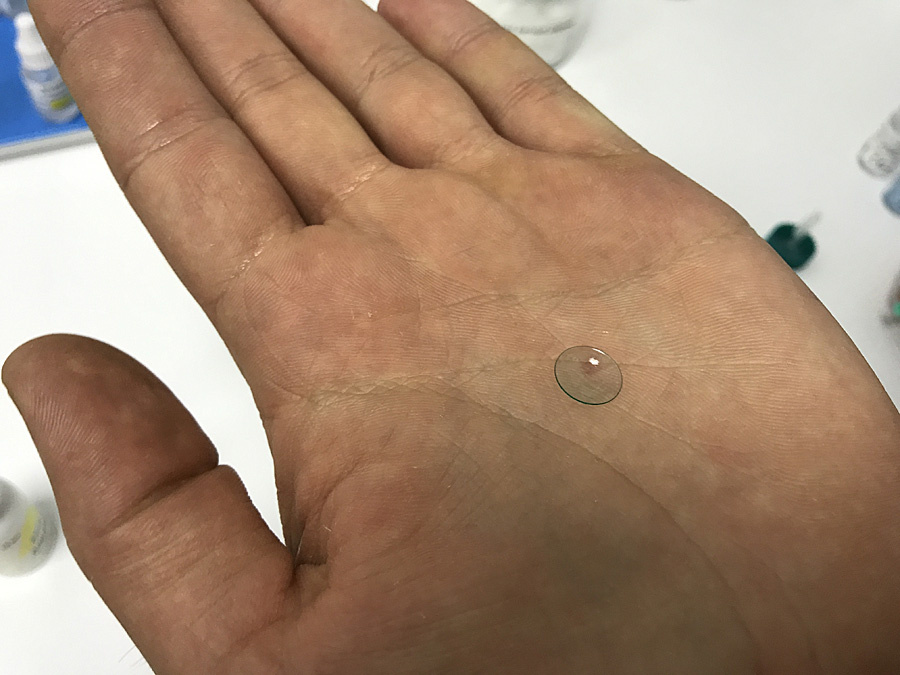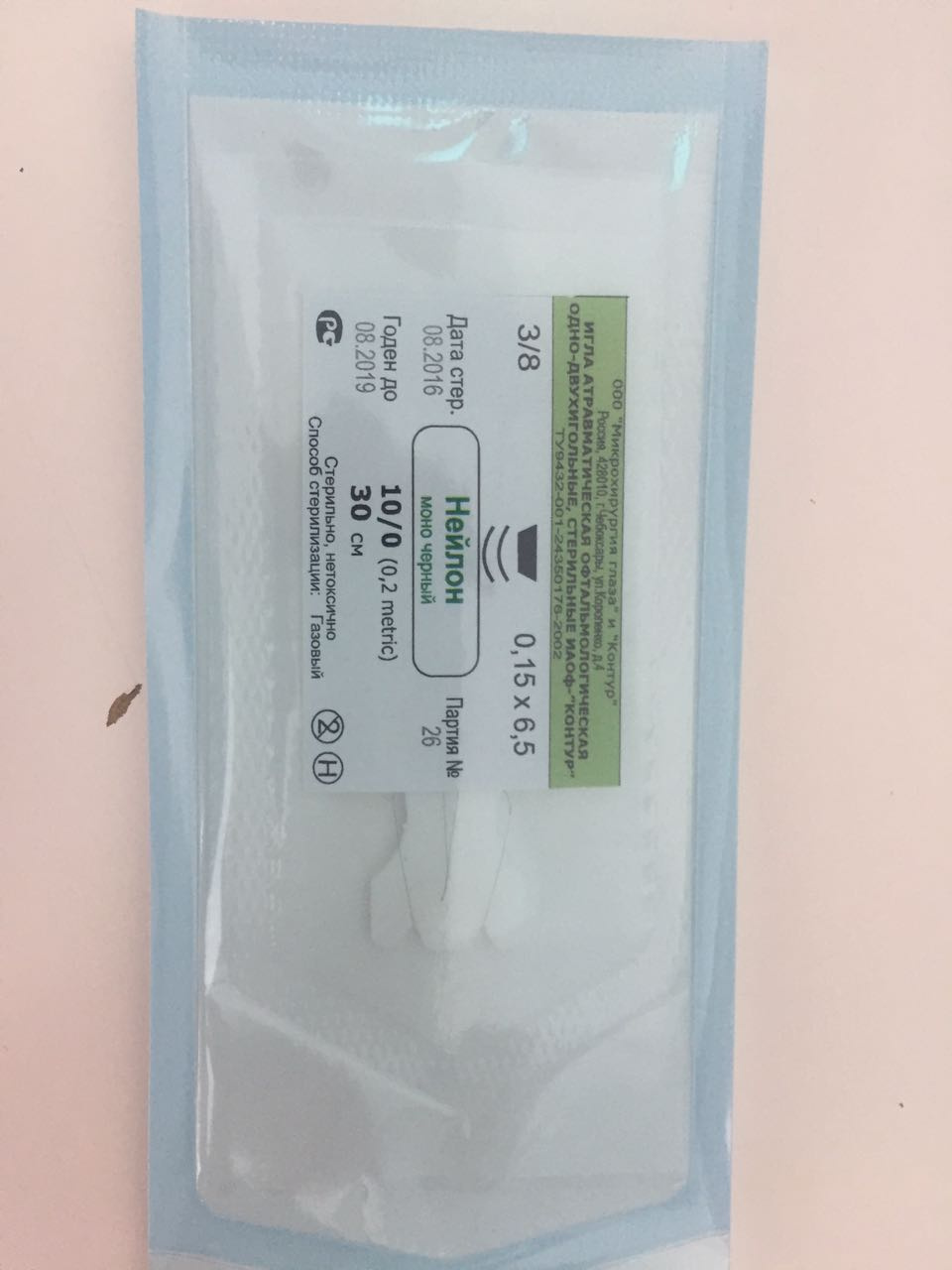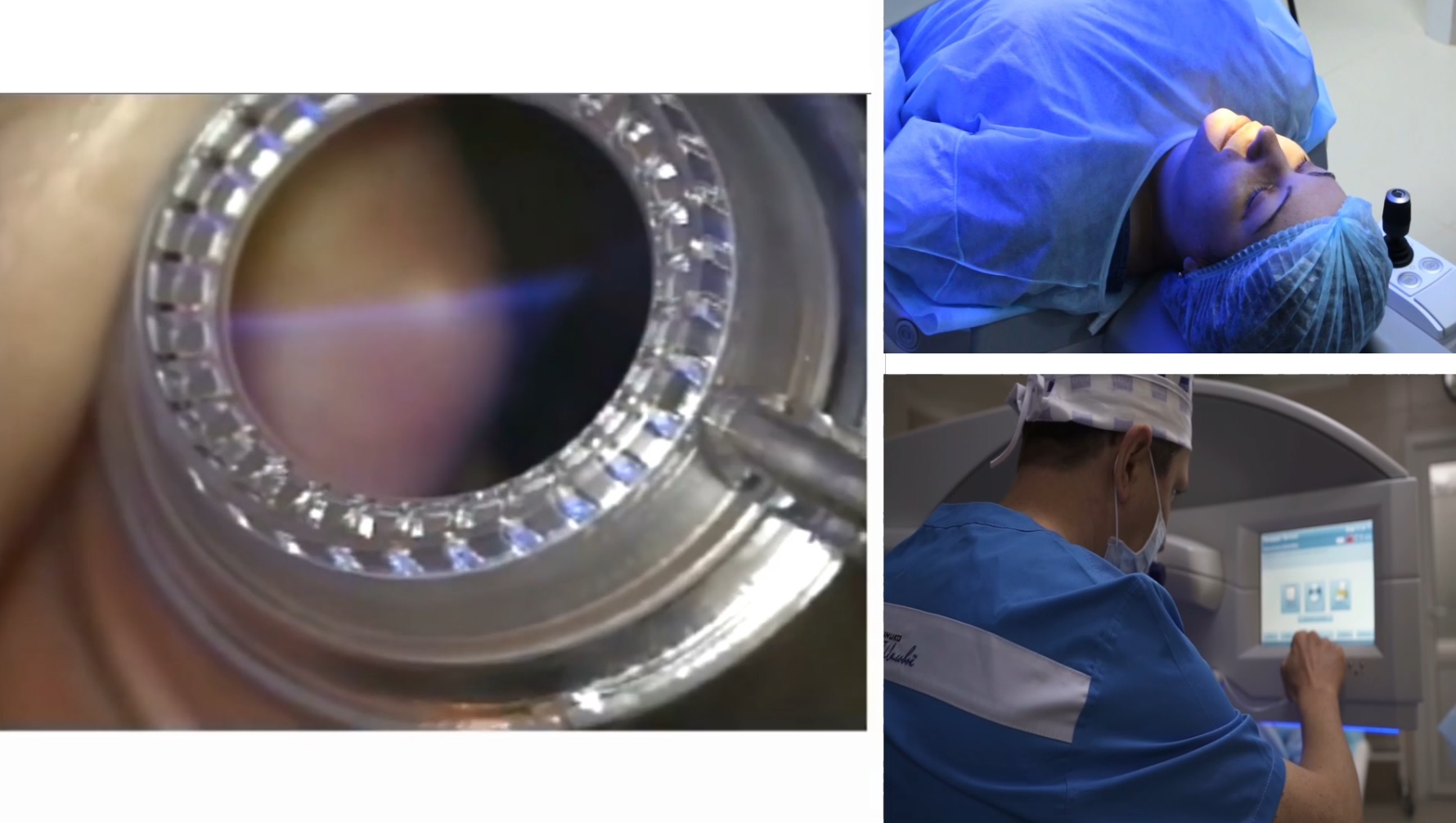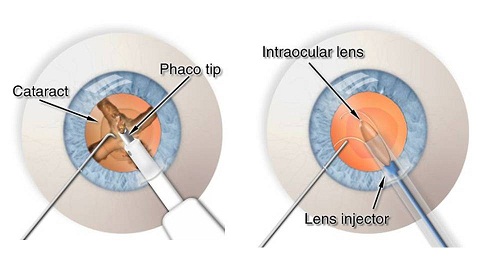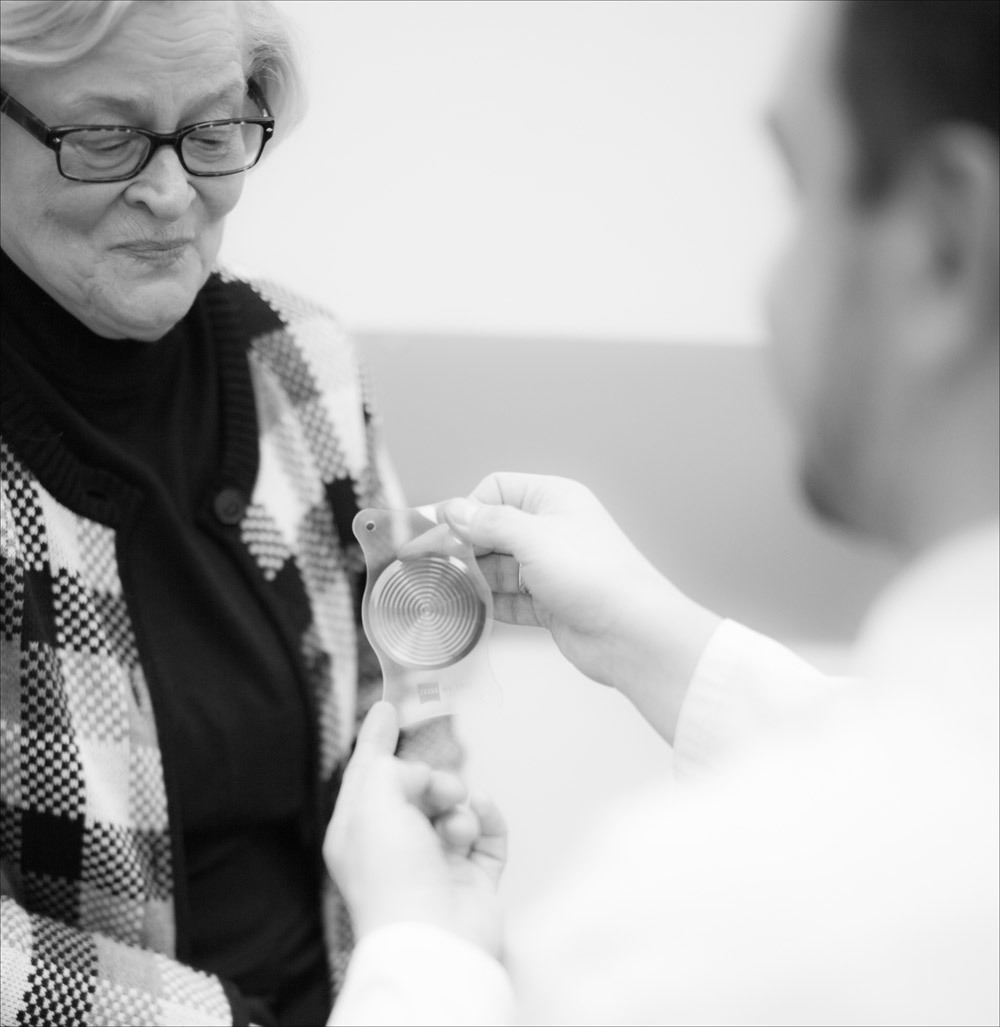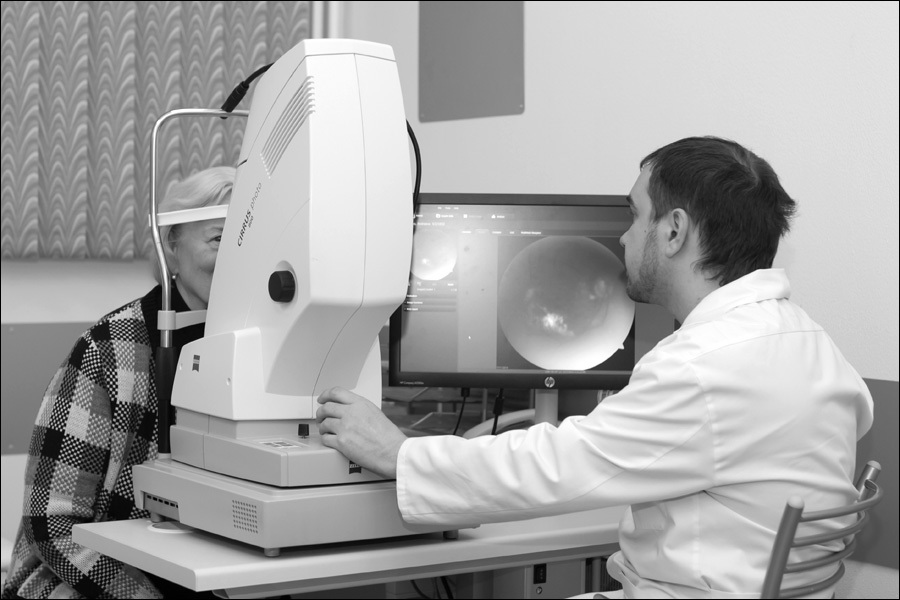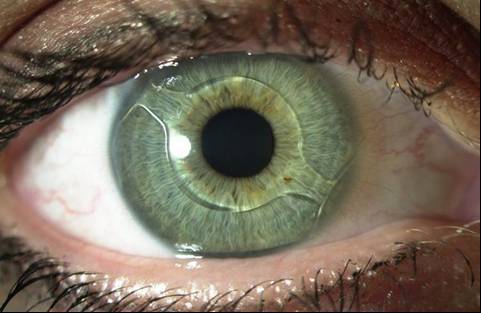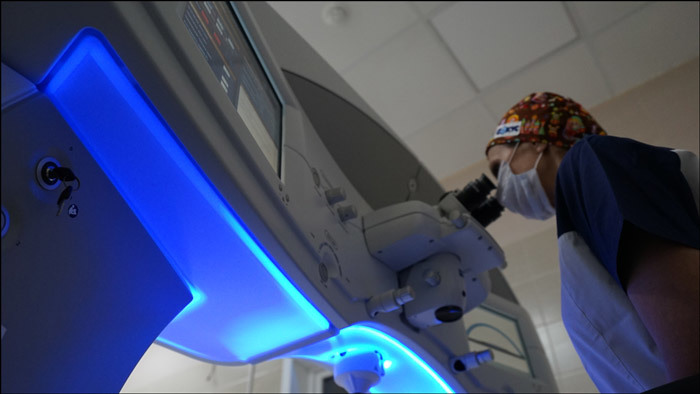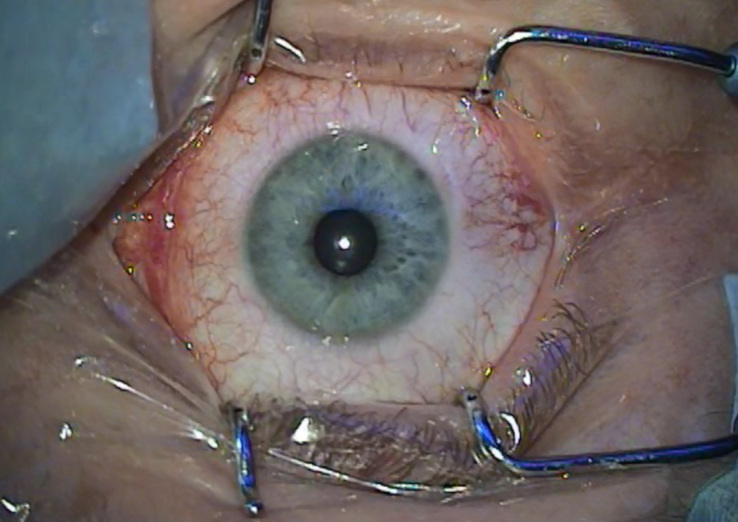Retinal detachment is a formidable eye disease that, without surgical treatment, most often results in complete loss of vision.
The human eye can be compared with the device of the camera, the lens of which is the cornea with the lens, and the film is the retina, an extremely complex multi-layer structure that is connected to the visual divisions of the brain with the help of nerve fibers. Therefore, we can assume that the retina is a part of the brain.
Retinal detachment most often takes the patient by surprise — before it appears, a person may have excellent vision and may not present any complaints. The speed of propagation of the process is quite rapid, the treatment in the majority of cases is surgical.
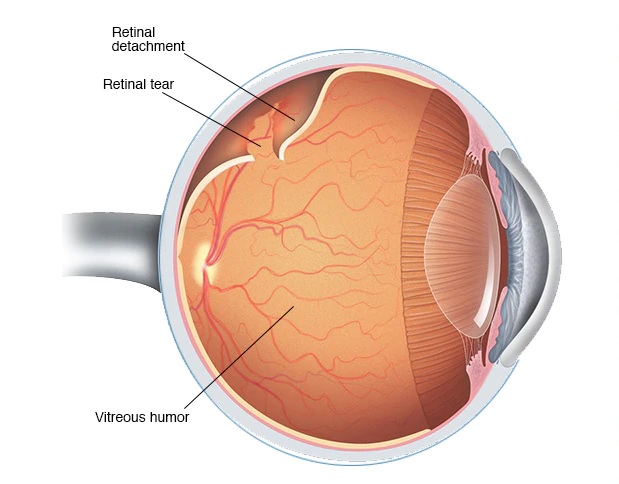
The timeliness of the operation gives a chance to preserve vision; in Germany, according to the standard, the operation must be performed within 24 hours after the diagnosis. There are no such standards in Russia. But for each patient, I say that retinal detachment is “like fresh frozen fish” — in a couple of days it’s already “not the first freshness”.
The human eye can be compared with the device of the camera, the lens of which is the cornea with the lens, and the film is the retina, an extremely complex multi-layer structure that is connected to the visual divisions of the brain with the help of nerve fibers. Therefore, we can assume that the retina is a part of the brain.
Retinal detachment most often takes the patient by surprise — before it appears, a person may have excellent vision and may not present any complaints. The speed of propagation of the process is quite rapid, the treatment in the majority of cases is surgical.

The timeliness of the operation gives a chance to preserve vision; in Germany, according to the standard, the operation must be performed within 24 hours after the diagnosis. There are no such standards in Russia. But for each patient, I say that retinal detachment is “like fresh frozen fish” — in a couple of days it’s already “not the first freshness”.




